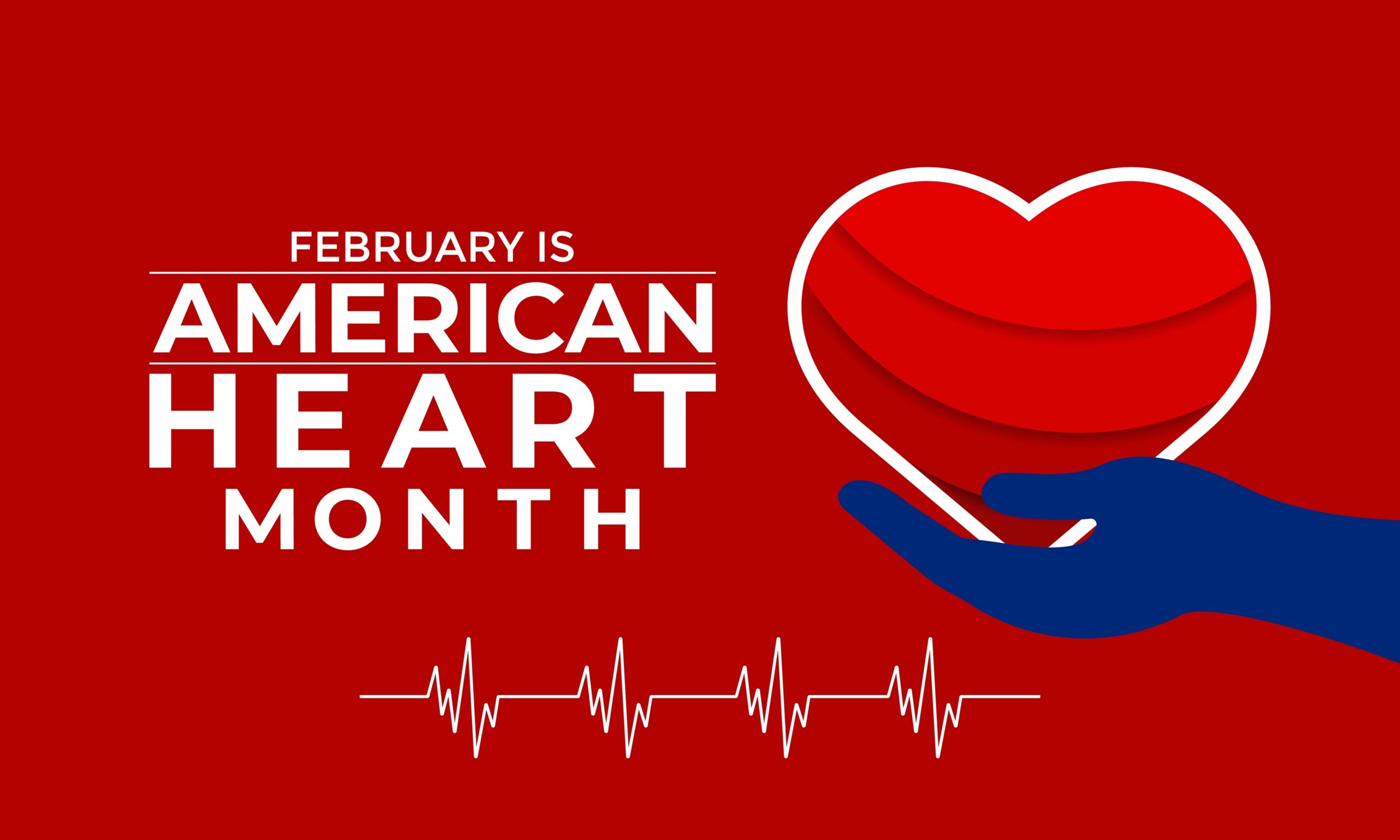American Heart Month is observed every February. The goal of this observance is to raise awareness about the importance of having a healthy heart.
In honor of Heart Health Month, we are sharing important information about heart disease and tips that can increase your quality of life and lower your risk for heart disease.
Important Facts About Heart Disease
Heart disease is the number one cause of death worldwide. Here are other important facts you should know about heart disease:
- In 2019, about 32% of all deaths were caused by heart disease.
- Heart attack and stroke account for 85% of heart-related deaths.
- Most cases of heart disease can be prevented with healthy behaviors. Exercise and good nutrition are some steps you can take to reduce your risk.
You can still lower your risk for heart disease, even if you meet its risk factors.
Common risk factors for heart disease include:
- High blood pressure
- High cholesterol
- Smoking
- Diabetes
- Excess weight
- Diet high in sodium, trans fats, and saturated fats
- Lack of exercise
- Heavy alcohol use
- Family history of heart disease
How To Improve Your Cardiovascular Wellness
It’s never too late to start improving your heart health. The sooner you can recognize the warning signs, the sooner you can make the right changes to reduce your risk.
Recognize the Warning Signs
Heart disease usually develops slowly over time. This means you may not notice it at first. Early signs of heart disease include:
- Chest pain
- Fatigue
- Shortness of breath
- Coughing
- Wheezing
- Swelling in the lower legs
- Aching or numbness in the legs
- Fast heart rate
- Uneven heart rate
Here are steps you can take to improve your cardiovascular wellness.
See Your Doctor Regularly
Meet with your doctor regularly, or at least once a year, for a wellness check. Your doctor can perform an exam to check the status of your heart health. Doctor’s checkups also give you a chance to talk about any symptoms you have.
Eat the Right Foods for Heart Health
Certain foods can improve your heart health and reduce your risk for heart disease. Stay away from foods that are high in sodium and trans and saturated fats. Aim to eat higher amounts of the below heart-healthy foods:
- Fresh fruits
- Dark leafy greens
- Vegetables
- Low-fat dairy, including yogurt and cottage cheese
- Whole grains
- Poultry
- Lean meats
- Fish
- Beans
- Eggs
- Nuts
- Seeds
- Olive and avocado oils
Be More Active
Exercise every day and do activities that are great for the heart. Walking and swimming are some of the many cardio exercises you can do.
Also, find other ways to be more active during the day. For example, take the stairs instead of the escalator.
Manage Stress
Stress is a normal part of life and isn’t always avoidable. Try new ways to manage stress and reduce your heart disease risk.
For instance, practice deep breathing or yoga. Turn off the TV or listen to relaxing music. Take a warm bath and get good quality sleep.
Change At-Risk Behaviors
Work on changing any behaviors that put you at risk for heart disease. If you smoke, ask your doctor about treatments that can help you quit smoking. If you are overweight, eat fewer calories. Start exercising to lose excess weight.
Resources for Heart Health
Lots of online tools and resources can help you improve your heart health. You can also share these tools with your friends and loved ones in honor of Heart Health Month.
The CDC offers many heart health resources. Visit its website for information on how to manage and measure your blood pressure. A healthy heart can help you achieve a longer, happier, and more fulfilling life!
Contact us today at 1-888-524-1999 for assistance with scheduling an appointment with a provider today.
 Did you know that your IE browser is outdated?
Did you know that your IE browser is outdated?






